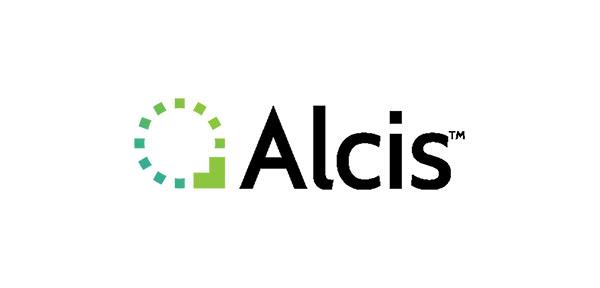KABUL (Pajhwok): The Islamic Emirate of Afghanistan (IEA) has dramatically cut levels of corruption, saving up to an estimated $1.4 billion in lost revenue, says a new research-based report.
Coming to power a year ago, the Taliban could earn more on imports than the previous government, Alcis predicted in its latest report on Wednesday.
“We can see the scale and pace of the Taliban’s sweeping changes to trade and governance,” says David Mansfield, the project’s lead researcher.
“The Taliban have transformed substantial financial losses stemming from corruption into a significant source of income,” he acknowledged.
The revenue could help the Taliban secure long-term stability for their government, the researcher believed.
Conducted by David Mansfield and Alcis, the research shines a light on how centralising power and reducing corruption is swelling the Taliban’s finances.
Changes in trade flows and management of border crossings by the new rulers had upended Afghanistan’s political settlement and altered relationships with the country’s neighbours, Alcis noted.
The research methodology combined on-the-ground interviews with multi-dated satellite imagery and geospatial analysis to reveal how the Taliban dismantled a network of checkpoints that collected bribes for local powerbrokers.
The report’s executive summary reads: “This fine-grained analysis points to revenues from the tax on opiates that would amount to $19 million in 2020,
with the potential for a further $15 million from the production and trade in cannabis and methamphetamine.
“This is significantly less than the monies the Taliban earned imposing taxes on the movement of legal goods, including an estimated $83.4 million a year on the trade in fuel and transit goods in 2019 from Iran alone.”
In Nimroz, the summary adds, it is estimated the Taliban earned $5.1 million per annum from drugs in 2020, 9 percent of the total money collected in taxes in the province.
An amount of $40.1 million comes from taxing the trade in legal goods on the highway between Zaranj and Delaram
Alcis saw a danger that a more accurate assessment of Taliban’s funding was viewed as partisan, particularly when it challenged the prevailing narrative of illegal drugs as the Taliban’s primary source of revenue.
“This is not the case: correctly describing the Taliban’s finances does not imply sympathising with their regime.
The full report can be found at: https://www.alcis.org/reports
mud








GET IN TOUCH
NEWSLETTER
SUGGEST A STORY
PAJHWOK MOBILE APP